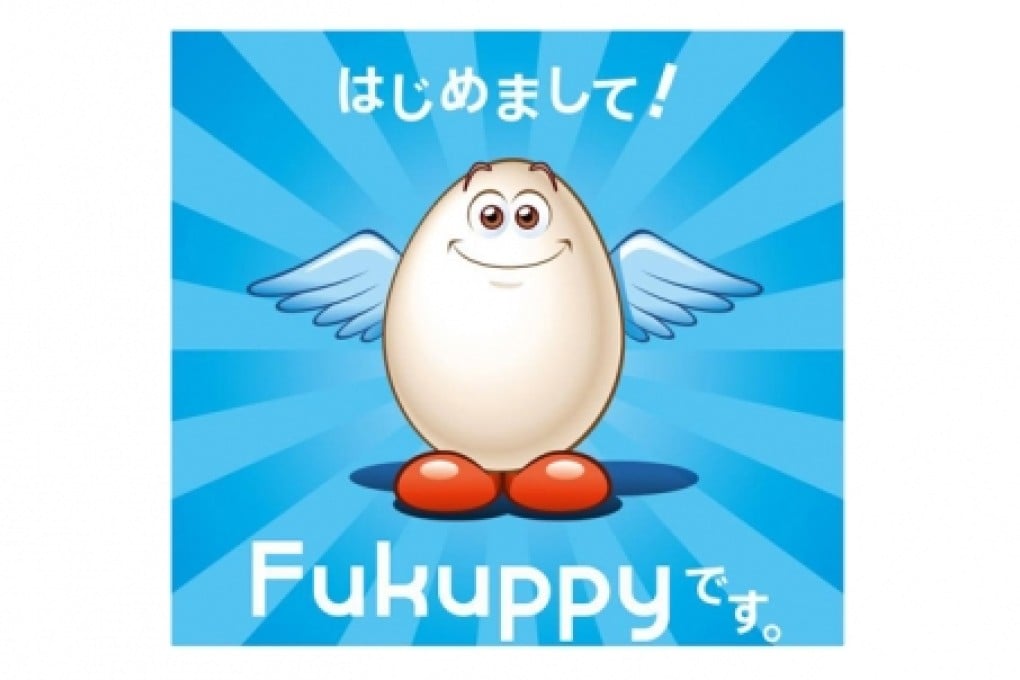
Japan’s Fukushima Industries on Tuesday blamed a “misunderstanding” as the internet erupted in sniggers over its “Fukuppy” mascot, a name that recalls a catalogue of mishandling at the Fukushima nuclear plant.
The Osaka-based refrigerator maker, whose name derives from its founder and has nothing to do with the area hit by an atomic catastrophe, has been much ridiculed on social networking sites for its egg-like mascot with blue wings and red feet.
“I’m Fukuppy. Nice to meet you,” the smiling character with a human face tells visitors to the company’s website. “I think I’m kind with a strong sense of justice but people say I’m a little bit scatterbrained.”
A company spokeswoman, who declined to be named, said: “A lot of media are reporting (on) our mascot, which created misunderstanding. In order to get rid of the confusion, we will announce our stance on the issue on our website later in the day.”
The firm would not comment on why they chose the intriguing moniker or whether they had considered how it might be rendered in other languages.
One of Japan’s biggest makers of industrial cooling systems, Fukushima Industries has offices around the country as well as across Asia, including in China, Singapore, Hong Kong, Malaysia and Taiwan.